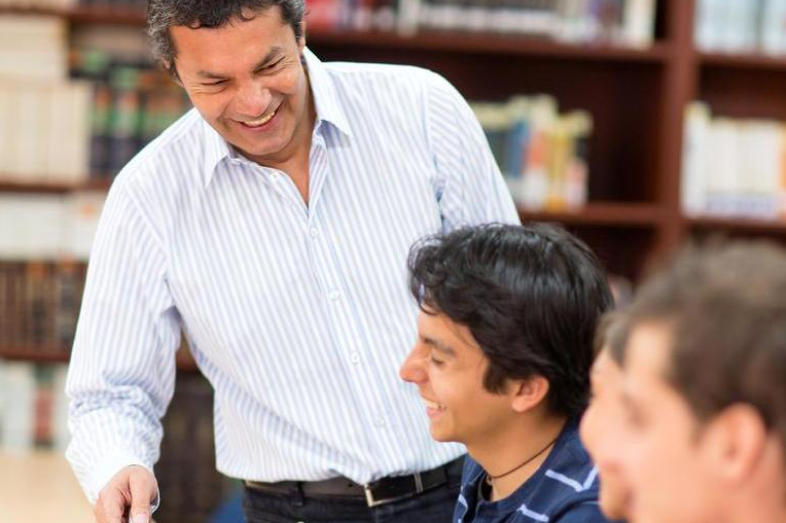

In an effort to diversify its faculty, California Lutheran University is trying a new approach in its hiring.
In a job posting for an assistant professor position, the recently designated Hispanic-serving institution specifies it wants “candidates who can mentor African-American or Latino(a) students and are able to teach courses that deepen student and faculty awareness regarding power dynamics related to race/ethnicity.” The ability to speak Spanish is a plus.
With its student demographics becoming more diverse in the past decade, CLU has been working with the Center for Urban Education at the University of Southern California to ensure that its faculty reflects the change as well. Jean Moore reports for the Ventura County Star that the university’s undergraduate Latino enrollment is now 27 percent, with projections putting it at 40 percent around 2020. (A college’s student population must be at least 25 percent Hispanic to be designated a Hispanic-serving institution and qualify for a special pool of government funds.)
The Center for Urban Education focuses on producing equity in student outcomes. Director Estela Bensimon recently talked to reporters at a February EWA seminar in Los Angeles about the center’s approach, which uses an equity scorecard that crunches the student and faculty data by race, and guides school leaders as they make changes to their hiring practices and coursework design – “changes that Bensimon says are integral to improving the academic performance of traditionally underserved students,” my colleague Mikhail Zinshteyn writes over on Higher Ed Beat.
CLU recently hired two Latino biology professors using its new hiring approach, specifying in the job postings that the university was ”looking for someone who was passionate about teaching freshmen and students who are the first in their families to go to college” and who could be a role model for Hispanic students, Moore writes. They also expanded the search to include candidates across all STEM — science, technology, engineering and math — fields.
One of the new hires, biology professor Paloma Vargas, started her postsecondary education at a community college because she couldn’t afford to attend a four-year university.
She told Moore, ”Students need to not only see faculty who reflect their background but who also know the struggle they’re going through. Transitioning to college is not the easiest thing to do.”